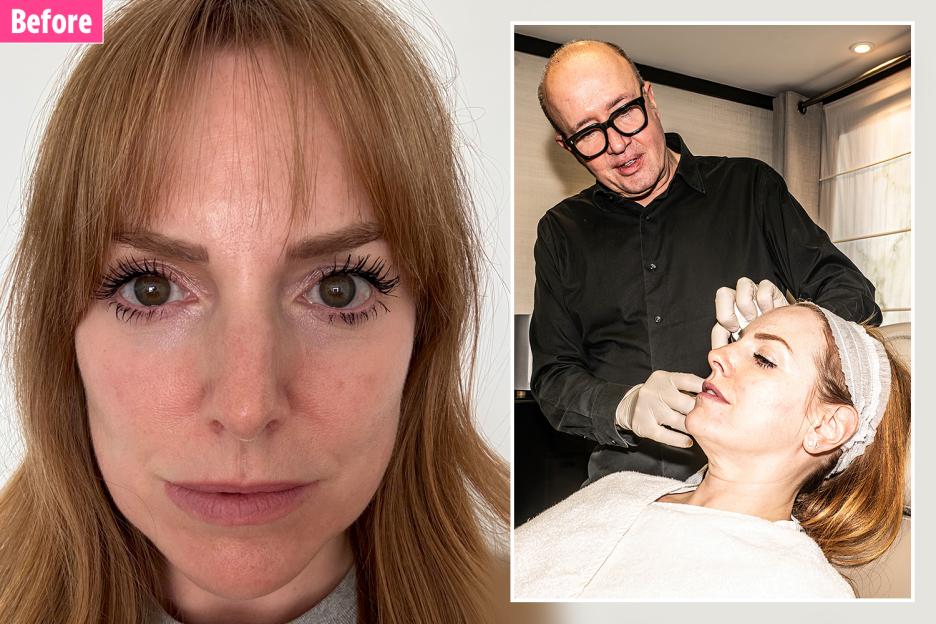WHETHER you’re holidaying abroad of enjoying the warm UK weather, chances are mosquitoes are going to be an issue.
These pesky can cause irritating bites, that may also pose a risk depending on your location.
 Avoid an easy mistake when applying your insect repellant this summer (stock image)
Avoid an easy mistake when applying your insect repellant this summer (stock image)Make sure you’re not making an easy error when applying your insect repellant this .
And if you’re abroad, take extra care as bites can sometimes lead to issues such as malaria, dengue, Zika fever, and yellow fever.
Bug repellents need to be applied during the day and also at night, and whether you’re indoors and outdoors.
You should also pay particular attention to the product’s label before purchasing.
DEET is chemical ingredient found in most bug sprays and shoppers are advised to check for it when picking up a bottle.
“A product with 50% DEET is recommended as a first choice,”; said official Government advice, last updated in 2023.
“If DEET is not tolerated, use of a repellent containing the highest strength formulation available of either icaridin (20%), eucalyptus citriodora oil, hydrated, cyclised or 3-ethlyaminopropionate is recommended.”;
And whichever bug spray you opt for, make sure you’re applying it at the correct time alongside your other products.
This is particularly relevant when it comes to another summer essential: suncream.
The Government stressed the importance of always using bug repellant afterward you apply suncream for the most effective results.
You should also opt for suncreams with an SPF of 30 to 50 as DEET can reduce their potency.
Most repellents need to be reapplied frequently, especially in hot weather conditions or after spending time in water.
Users are encouraged to read each repellent’s packaging for more specific guidance.
“50% DEET is safe for those pregnant and breastfeeding and for babies older than two months,”; the Government’s guidance explained.
“Get advice before you travel from your doctor or pharmacist if your baby is aged under two months.
“Take insect repellents with youâin case of shortages at your destination.”;
You can also make use of other steps to prevent bites, including wearing long-sleeved clothing and treating nets with insecticide.
These are particularly important in situations where you might be sleeping outdoors or in a space without air conditioning.
“Check your net for rips and tuck the ends under the mattress,”; the Government advised.
“There may also be a risk of bites from ticks and other insects; the same protective measures will help reduce bites from these too.”;
 Make sure to apply suncream before you spray on your bug repellant this summer (stock image)
Make sure to apply suncream before you spray on your bug repellant this summer (stock image)







